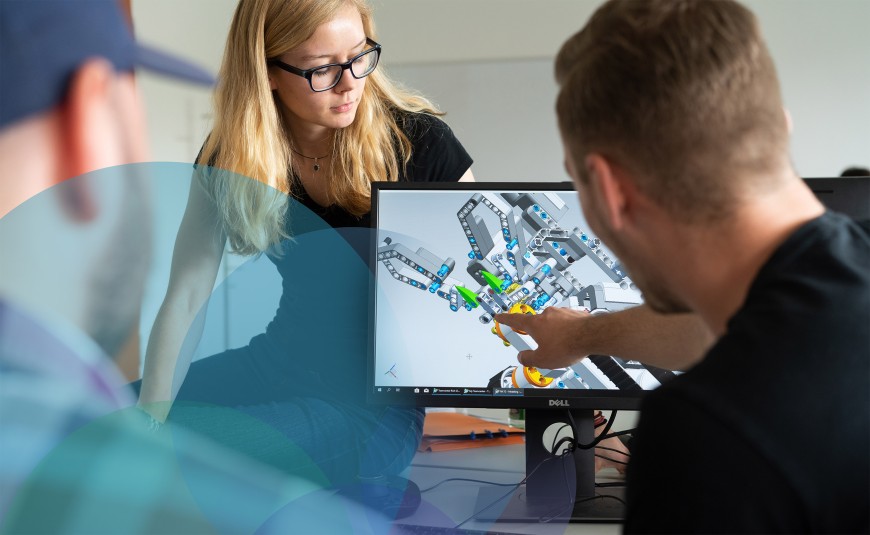Develop Unite!
TU Workshop for all
2022/01/03
How should the university alliance Unite! continue? The Unite! team would like to answer this question on January 19, 2022 from 9:30 a.m. to 12:30 p.m. with representatives of all status groups of the TU Darmstadt and invites on behalf of the Vice President for Transfer and International Affairs to an online workshop. The elaborated ideas and proposals will then flow into the follow-up application for further funding within the framework of the European Higher Education Initiative.

Unite! is growing and still has a lot of plans. After the conclusion of the 4th Dialogue in Barcelona and the announcement of the two new partners – the Technical University of Graz (Austria) and the Wroclaw University of Science and Technology (Poland) – the task now is to submit the follow-up application for further funding within the framework of the European University Initiative. Since Unite! is supposed to develop from within the universities – with all their status groups – everyone is needed. The Unite! Secretariat and the Unite! leaders at the TU would like to discuss the future design and further development of Unite! at the TU in a university-wide workshop and thus directly influence the follow-up application. In order to make this process as participatory and collaborative as possible, the online workshop will actively involve representatives of all TU status groups in breakout rooms so that ideas, impulses, and suggestions from as many people with different viewpoints as possible can be directly considered.
mho
TU workshop
The TU workshop to develop Unite! will take place on January 19, 2022, from 9:30 a.m. to 12:30 p.m. via ZOOM.
Registration via the registration form is requested by January 17, 2022. Access data and further information will be communicated in due time after registration.
About Unite!
Alongside TU Darmstadt as the coordinator,Unite! (University Network for Innovation, Technology and Engineering) also includes Aalto University (Finland), KTH Royal Institute of Technology (Sweden), Grenoble Institute of Technology (France), Politecnico di Torino (Italy), Universitat Politècnica de Catalunya (Spain) and Universidade de Lisboa (Portugal).
The seven partner universities aim to use the European University to create a trans-European campus for students and researchers with the involvement of regions and companies. The partners have a total of 167,000 students, already cooperate closely in more than 80 EU projects and have exchanged more than 2,000 students in the past five years. The alliance has set itself the goal of combining courses for the benefit of students, breaking down existing technical and administrative hurdles, and thus significantly increasing student mobility. Research will also benefit from the conditions created for larger and easier cooperation, which will strengthen the competitiveness of the European Higher Education Area overall.
